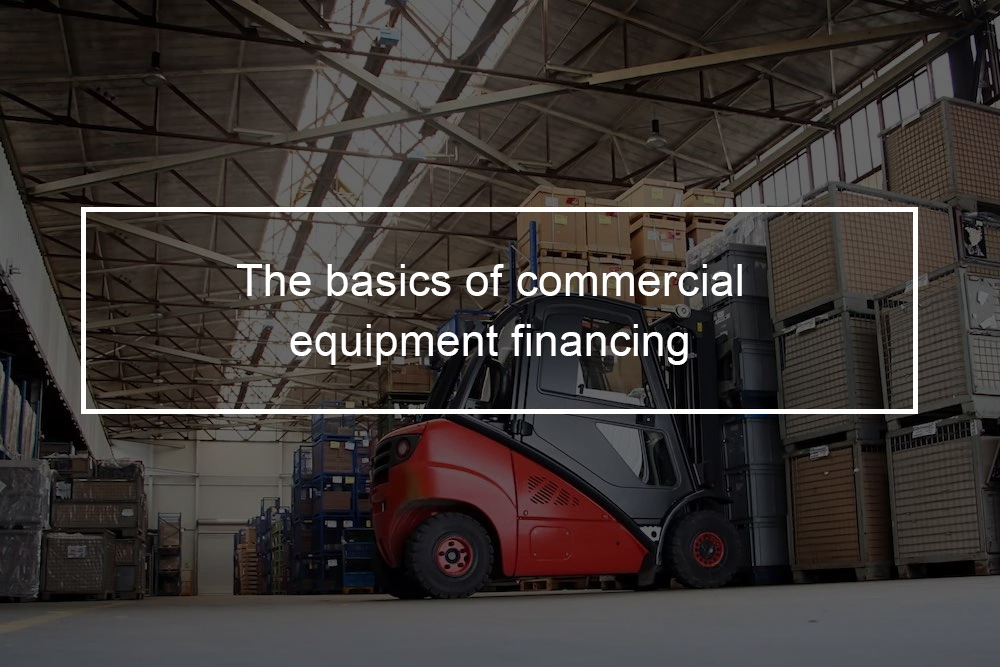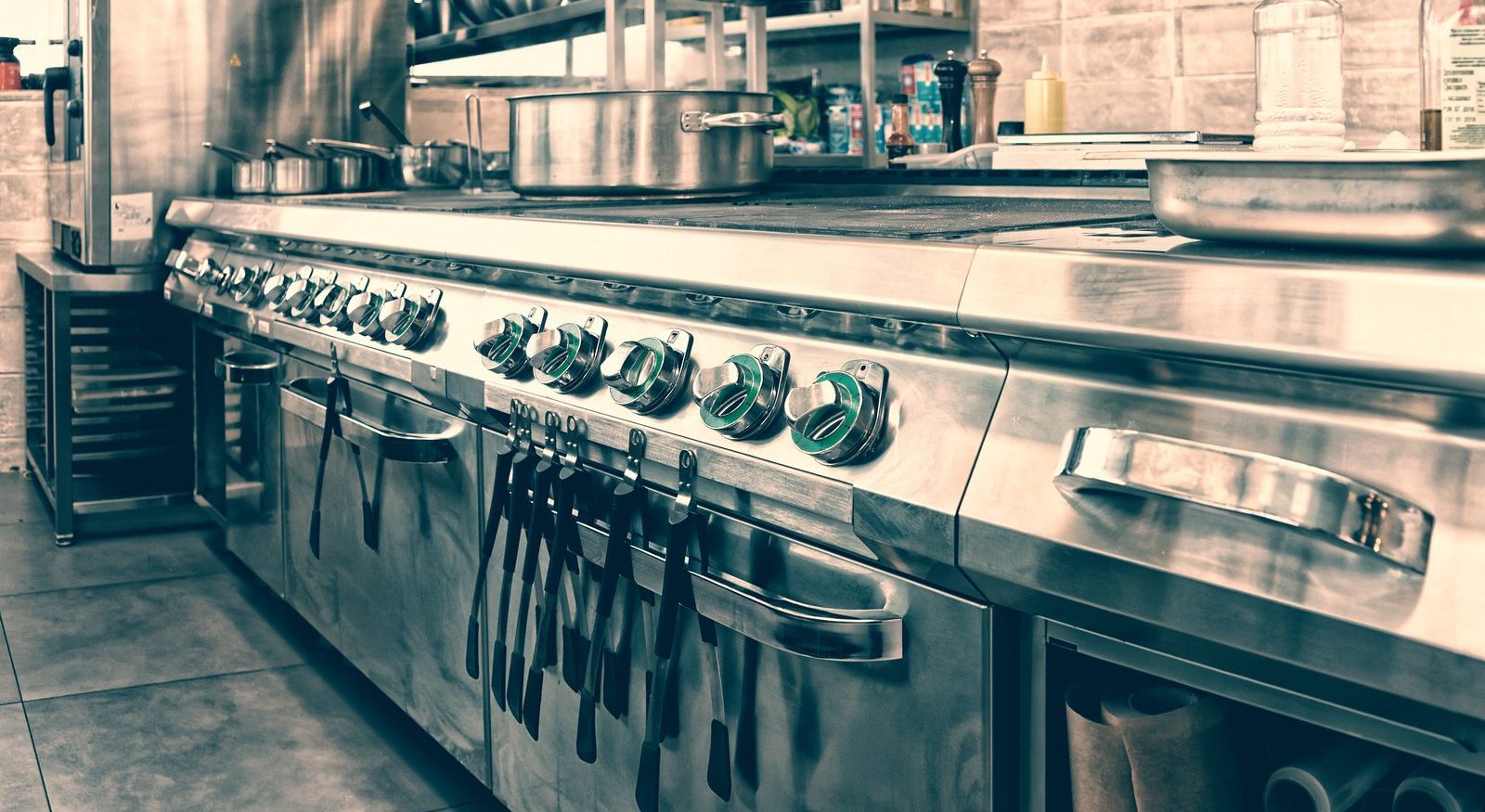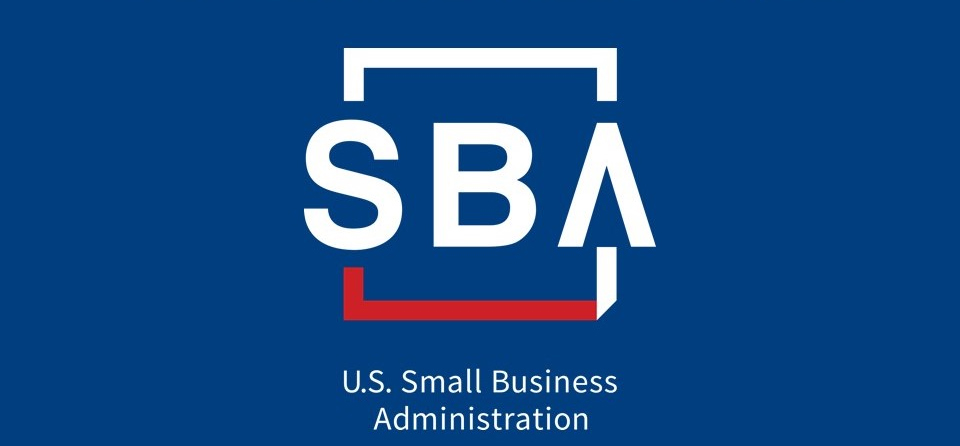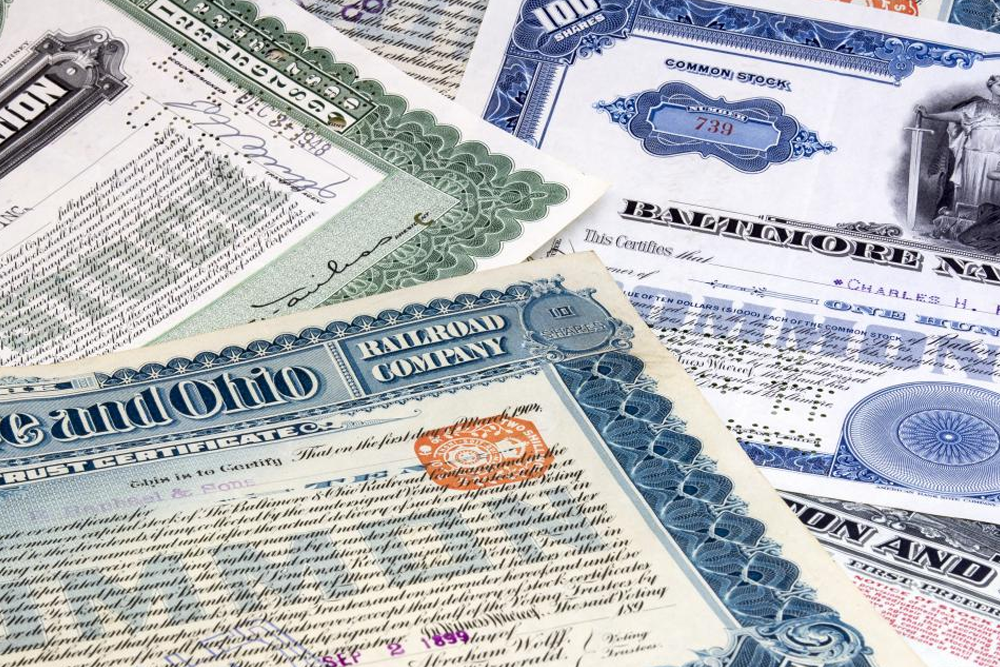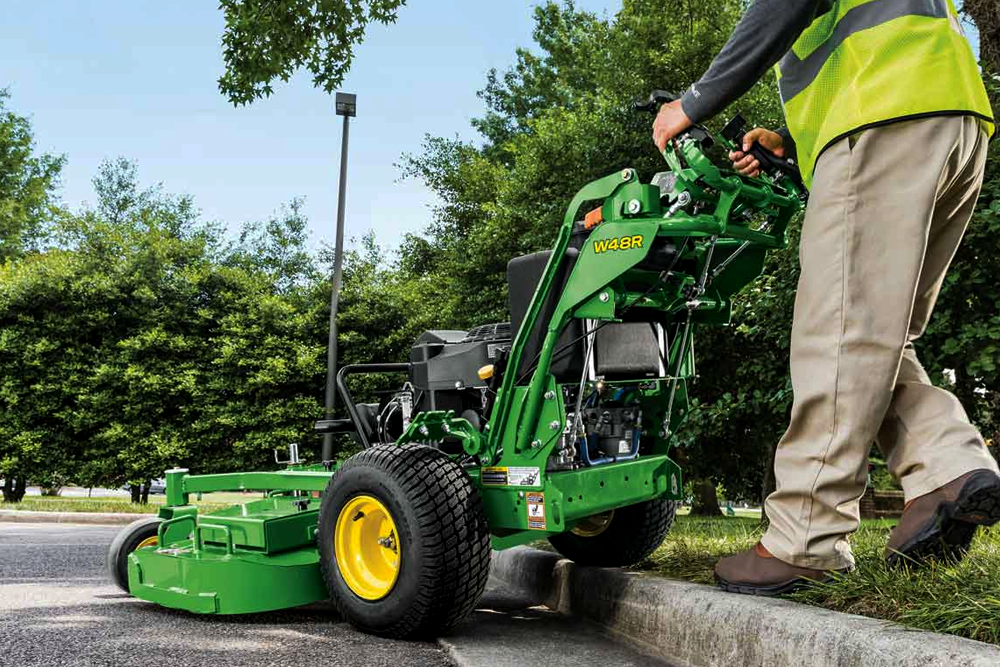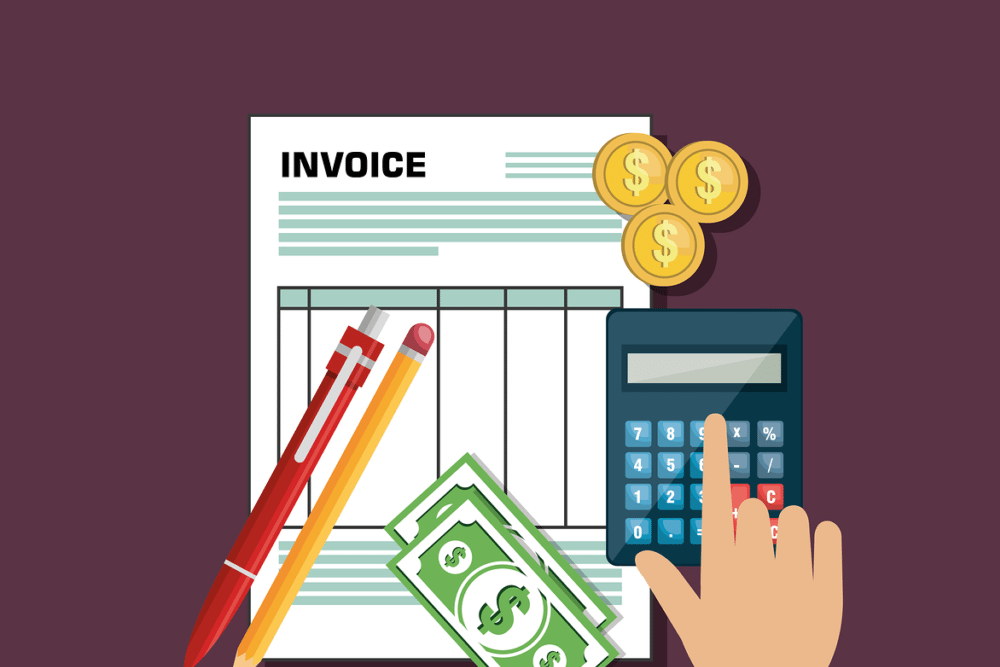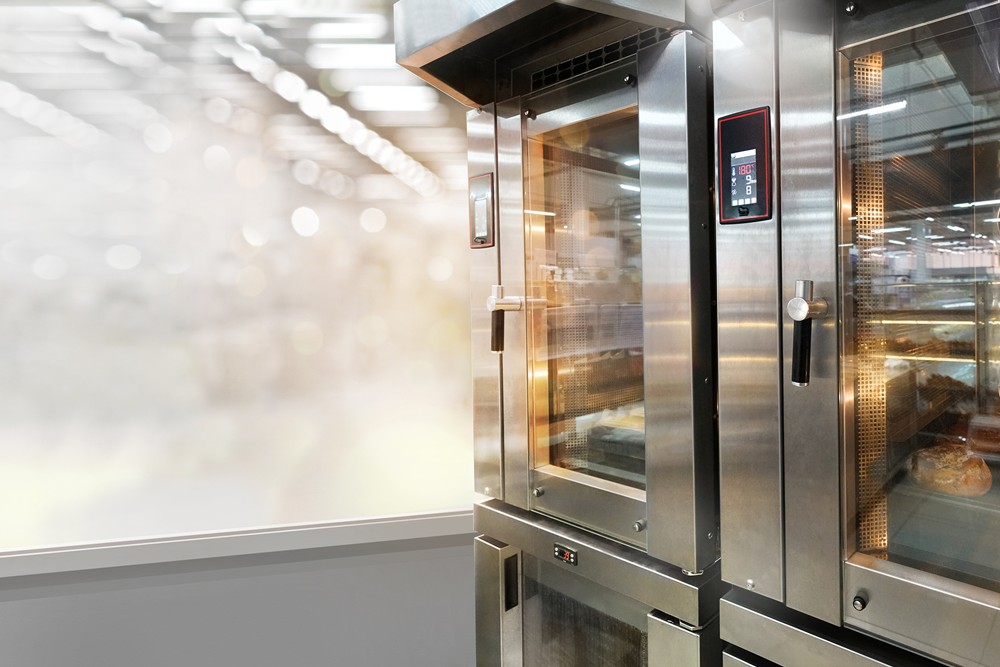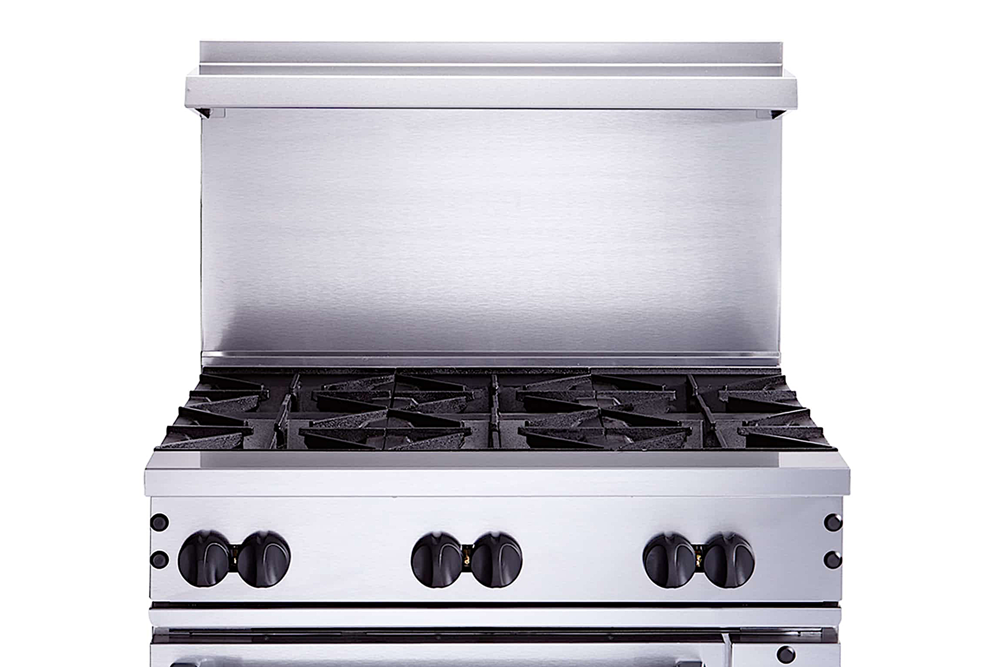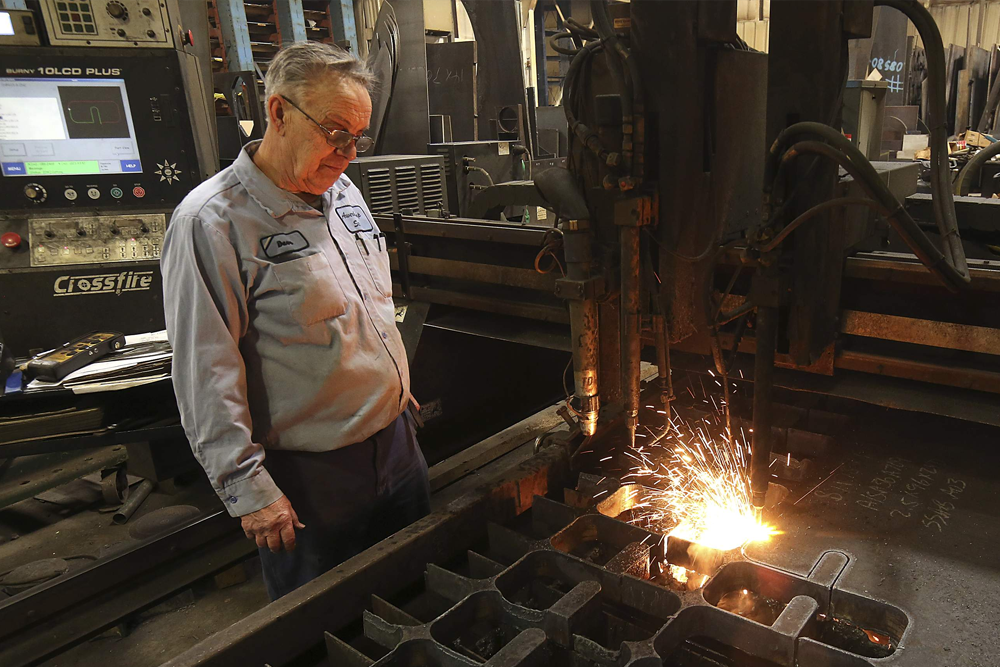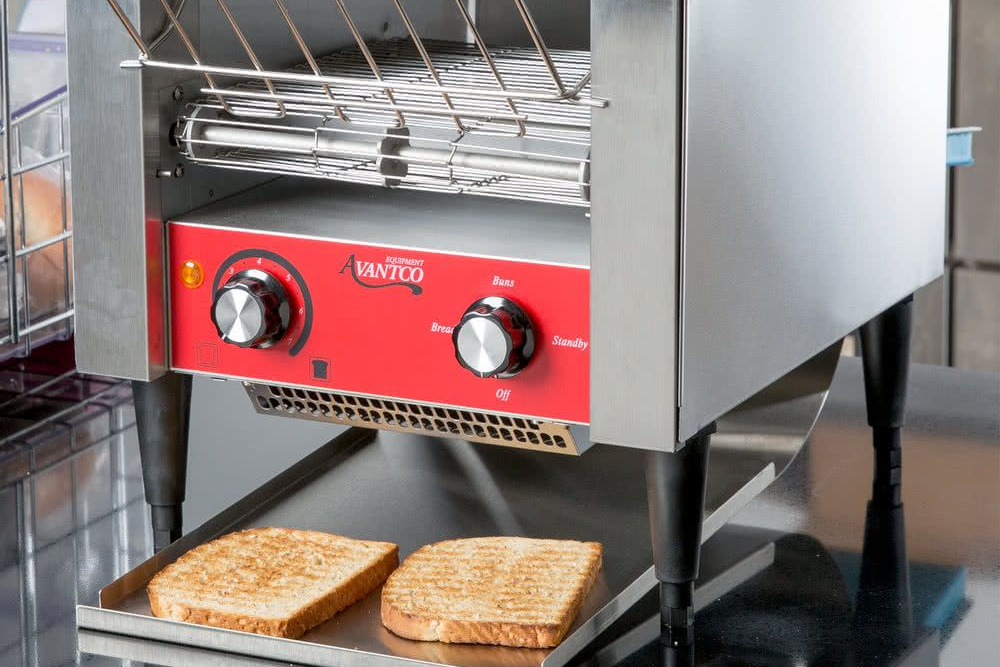Would you pay your rent for several years in advance? Possibly not — so why do the same for your business’s equipment? That is where commercial equipment finance comes in. Many companies depend on equipment to get the job done. And for some firms, new equipment might make the difference between stagnation and growth. Whatever your industry, there is probably an asset that you would like to have in your business — and based on what you do, it could be anything from machine tools and yellow plants to catering equipment or commercial vehicles.
What is commercial equipment financing and how does it work?
Small business commercial equipment loans are made by a bank or equipment financing company to finance the purchase of a large piece of equipment. Commercial equipment loans are typically used by businesses looking to preserve cash by taking the equipment’s cost and spreading it out in equal payments. Equipment loans can be utilized to replace existing equipment, refinance equipment, or to purchase new equipment as your small business grows.
Commercial equipment loans are typically used to buy assets that will retain their value, like:
- Commercial vehicles: These are vehicles, including box trucks, vans, and semi-trucks.
- Heavy machinery: Farm equipment like manufacturing equipment like computer numerical control (CNC) machines, plate rolling machines, tractors, and construction equipment such as cement mixers and cranes.
- Specialized equipment: These include medical equipment like diagnostic machines and x-ray machines.
- Other equipment: Restaurant equipment like ovens and ranges, and professional equipment such as commercial printers and computer servers.
Based on the nature of the equipment. For instance, in a construction equipment loan, the equipment itself can sometimes be used as collateral for the loan. Based on the type and cost of the equipment being bought, equipment loans can sometimes be for smaller amounts than a typical bank loan, making traditional financing an option for qualified small business borrowers.
What industries commercial equipment finance?
There is an almost limitless amount of industries and sectors eligible for commercial equipment finance. Here are just a few:
- Restaurant and takeaway
- Bar and pub
- Events and marquee
- Café, bakery, and coffee shop
- Buses, coaches, cars, vans, trucks, and haulage
- Agriculture and farming
- Refrigeration and air conditioning
- Laundry and dry cleaning equipment finance
- Manufacturing and heavy industry
- Racking warehouse equipment and shelving
- Office and IT equipment
- Finance for a garage or mechanic
Commercial equipment loan terms and rates
Commercial equipment loan interest rates typically range between 6-percent and 9-percent for well-qualified borrowers, whereas rates topping out around 30% are available through some subprime lending programs and borrowers with challenged credit scores. Typical commercial equipment loan terms are between two and seven years, with terms of ten years available for certain equipment.
It is important to consider the equipment’s interest rate when determining if the return on a piece of equipment is worth the financial burden. Rates above 20-percent might make it tough to earn sufficient from the equipment to justify the purchase. The equipment’s useful life ultimately determines the loan terms; however, they can range between two and ten years. Most business equipment loans fall in the two-to-seven-year range, and loans generally do not exceed the equipment’s predicted life. This benefits both you and the bank. You don’t want to pay for a piece of equipment after it has been retired. Top Financial Resources offers small businesses competitive rates on new or used commercial equipment. If you have a credit score above 600 and have 5%+ as a down payment, you might qualify for up to $250K in quick, hassle-free equipment funding.
Commercial equipment financing qualifications
You will need to meet certain requirements before a lender considers you for a commercial equipment loan. Among these are your down payment amount, credit score, annual revenue, and years in business. Many equipment financing companies will also require a Uniform Commercial Code (UCC) lien. Nonetheless, this is not always needed, and not all UCC liens are the same. Your loan provider will typically require that you have been operating between six months and two years and that you meet minimum revenue qualifications before you are approved for most forms of funding. It is possible to be eligible for an equipment loan as a startup though you will need to meet stricter down payment and personal credit score qualifications.
Some of the typical requirements you can anticipate for commercial equipment financing are:
- Credit score: At least a credit score of 550 to 640
- Down payment: 5-percent to 20-percent for borrowers with good credit
- Annual revenue: $25,000 to $150,000
- Years in business: six months to two years
- UCC filing: Many financing companies will require a UCC filing
Generally, your personal credit score is one of the essential factors when obtaining commercial equipment loans, and many loan providers will need to see a minimum of at least 640, even though some providers will work with riskier credit profiles, down to the mid-500s. Another important factor is the amount of money you can put down, which can be between 5-percent and 20-percent for those with good credit, and as high as 50-percent if your credit is bad.
Another significant factor for lenders is how long you have been in business and your annual revenues for the last two years. Financing companies will want to see businesses with at least two years in operations, even though some lenders will work with companies with as little as six months and some with new companies. The less time in business you can demonstrate, the more risk you will present, so anticipate higher interest rates and a higher down payment requirement.
Lastly, be aware that many lenders, mainly alternative lenders, will require a UCC filing. This is extra protection for the lender that enables them unfettered access either to specific assets (used as collateral to secure the loan) or a blanket lien, which borrowers should be mainly wary of since they can signal to future lenders that your business is not a good risk.
Benefits of commercial equipment finance
There are numerous reasons you might choose commercial equipment finance instead of paying upfront out of your business’s coffers. Here are four of the best:
Tax efficiency
Some commercial equipment finance types like equipment leasing and leaseback and sale are more tax-efficient than buying outright. That is because when you lease an item, it is a monthly expense instead of an asset sitting on your balance sheet.
Easy to manage and budget
Commercial equipment financing in most of its forms offers you predictable payments so you can spread the cost over time. That indicates that managing cash flow is a little bit simpler, and you can concentrate on running the business.
Scalability and flexibility
If you fund one piece of equipment and your company starts growing, you can get more equipment quickly without a large outlay. Whether you are ramping up production utilizing a new piece of state-of-the-art kit or getting hold of additional vehicles for expanding logistics, commercial equipment finance is a great way to grow your company.
Access to other business lines of credit
One of the often-forgotten but significant reasons to finance equipment instead of buying it outright is access to other credit lines. For the same reasons as tax efficiency, commercial equipment finance is often a predictable monthly expense, which means you can get another type of business finance alongside it. This is a huge benefit for some businesses — you could get the equipment you need and take out a business loan for marketing, for example.
Alternative to commercial equipment loans: SBA loans
An SBA loan is a kind of loan that can be used for many business needs, including financing equipment. SBA loans are secured by the Small Business Association and come with more strict underwriting guidelines. The financing timeline for an equipment loan is anywhere from twenty-four hours to thirty days at most. A comparable SBA loan might have a financing timeline of between 60 and 90 days, or longer if buying a new business.
If you need to purchase equipment and cover some soft costs such as delivery and installation, a commercial equipment loan is usually the simplest and fastest way to achieve this goal. Nonetheless, if you need extra funding for inventory, working capital, and operations apart from your equipment purchase, an SBA loan might be a good alternative. You will want to factor in an SBA loan’s extra qualifications when considering using this method to fund your business. SBA lenders must fully collateralize the loan with your personal residence, if possible. There are stricter qualifications for entry and experience in your field, clean credit, and if you have any criminal convictions of a certain nature, an SBA loan is off the table.
Commercial equipment loans can be useful to businesses of all sizes looking to access small business financing for large equipment purchases. They can be easier to qualify for than SBA loans or traditional financing and typically fund much more quickly. You will want to consider several factors, like the type of equipment and the costs when choosing between an equipment loan and alternatives.

